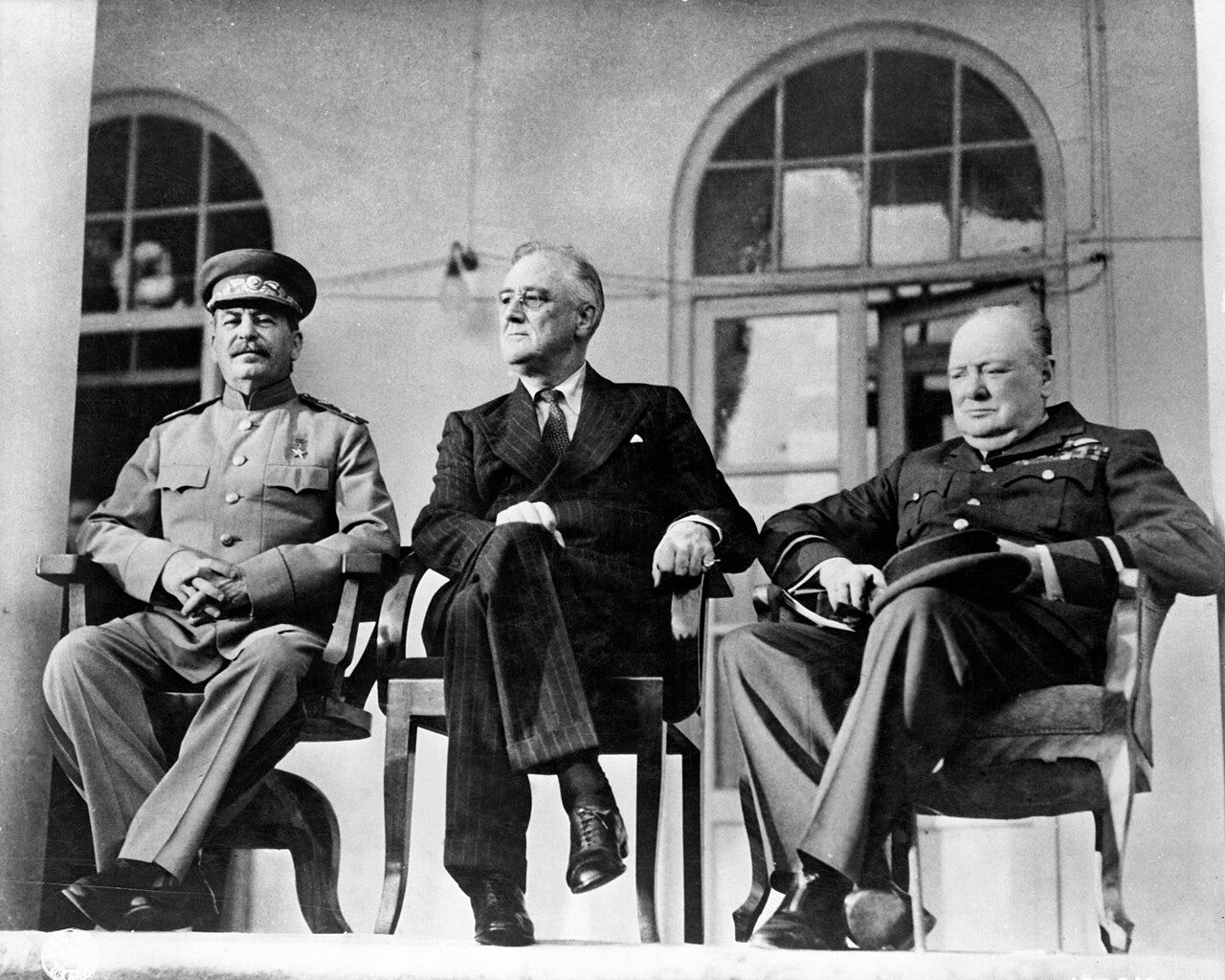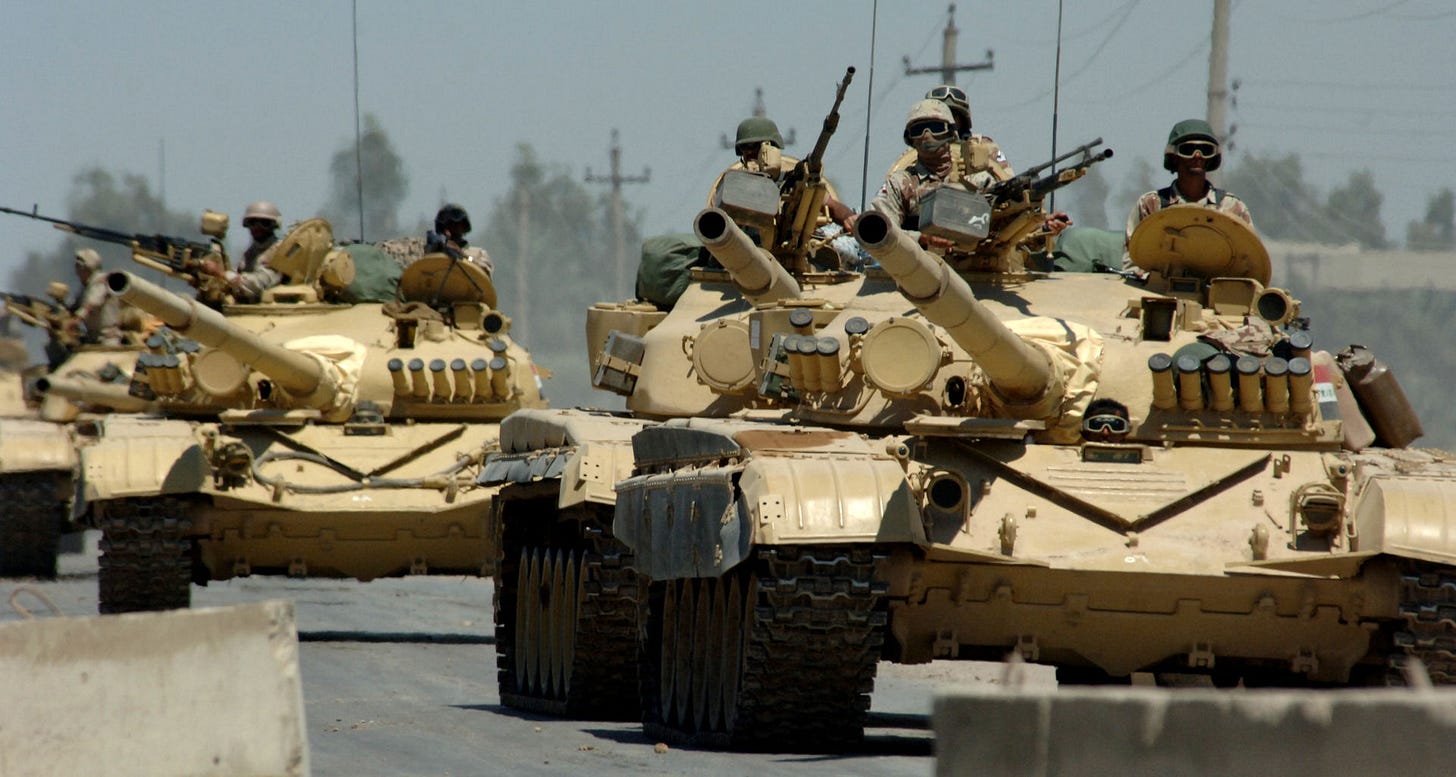America Now
Obama, Trump and Biden are so different and yet, so much the same...
“But we are fearfully and wonderfully made, and we glorious Americans will occasionally astonish the God that created us when we get a fair start. We are called the nation of inventors.” Mark Twain
If Martians landed tomorrow and started trading on Earth's markets, humans would still find a way to profit from the money flow. It's what we do. We've been trading for millennia, and as long as commerce fills government coffers, the game goes on. But beneath the surface of every trade route lies a darker truth: control over resources has always been the real prize, and it always will be. The essential need of governments to ensure their survival through steady supplies of food, water, raw materials, and treasury enrichment hasn't changed an inch.
The problem has always been that when a certain power controls a region rich in food or other raw materials, it becomes a sort of cartel or monopoly, limiting others' access to these resource-rich areas. And that's how wars begin... and never really end.
The kingdoms and empires that fought each other – whether Assyrians, Egyptians, Greeks, Persians, Romans, Mongols, Slavs, Germans, Saxons, Byzantines, Mamelukes, Arabs, Japanese, Chinese, French, Portuguese, Dutch, Swedes, Russians, British, Poles, Germans, and others – did so to control sources of food, water, minerals, and natural resources. English tea? Chinese. Peppers, cocoa, and potatoes? South American. Coffee? Ethiopian. Spices like salt, pepper, and cloves might seem insignificant to us today as reasons for conquests and casualties, but before electricity brought refrigeration to every home, they were among the only means of preserving meat. If you were trading in salt, your value was equivalent to trading in oil today. You can't maintain a civilization if it can't preserve its food...
One war after another led to a massive arms race in Europe that spread to the Far East – yes, I'm talking to you, Japan – until humanity trembled and crashed after two world wars during which more than a hundred million people were murdered and killed. Then came the new world order under the Americans.
Peter Zeihan's candor in 2014 about this shift in White House foreign policy was rare, especially for an American. At the start of the 20th century, America was already considered the largest and strongest economy in the world, and after 1945, it left everyone else in the dust. It was essentially decades ahead of most of humanity in almost every aspect. In American suburbs, people drove new cars while in the streets of China, India, Brazil, Turkey, or Britain, the average worker could barely afford a bicycle.
The new world order established by America wasn't initially intended to provide economic benefit. It was never created to benefit the American economy. The order's impact was economic and good for the U.S. and all countries that supported it. But the purpose of the American order was to protect America by creating coalitions worldwide against the formidable Soviet Union. In terms of an industrialized and advanced world, the Atlantic Ocean is no longer a barrier that makes it difficult for Soviet fighter planes to penetrate toward America's borders, nor for submarines, nor for warships. The Japanese managed to travel from the Far East on a journey of nearly two weeks to cross a greater distance... what's crossing from occupied Europe to America's eastern shores?

The world order that America shaped was thus designed to serve American defense. The alliances forged according to American principles provided America with an international defense layer. These efforts created military and economic commitments for America in exchange for world nations' support. France losing grip in Vietnam? Americans arrive. Coups in South America? Americans fly in. Wars in the Middle East? Americans send supplies and planes. If a rogue state conquers an American ally – Americans will even send their soldiers to fight in the Gulf War, for example, to liberate Kuwait from Saddam Hussein's Iraqi occupation in 1990. After all, there isn't really a border between Iraq and the U.S... Americans paid this price in blood, sweat, tears, and many dollars. This worked until the Soviet Union collapsed.
From 1990 until 2014, Americans had no idea what new world order they wanted to shape, and how they wanted or didn't want to conduct themselves. They simply didn't have an organized discussion about it, decision-making forum, conferences, open dialogue with allies, or anything similar... nothing. President Barack Obama saw himself as the first president in decades whose main attention would be dedicated to Asia and less to Europe and the Middle East. This meant that military forces, economic and American interests would focus on China and less on Paris, London, Berlin, or Riyadh in Saudi Arabia. "As a nation in the Asia Pacific, the United States expects to be involved in the discussions shaping this region's future, and to participate fully in appropriate organizations as they establish and develop," Obama said in his speech to leaders at a summit.
The problem with transferring power and attention to the region in American style is that it creates noise and discomfort, and since the U.S. moved on the Pacific axis, it has aroused more aggression in China than in the period preceding it. More military presence. The argument raised by John Ford, who held a senior rank in American Special Forces and wrote about the topic on The Diplomat site, that precisely America's intensive involvement with China inflated regional tensions much more than expected, and if we move from President Obama toward Presidents Trump and Biden, both conducted very tough policy toward Beijing. Tariffs, sanctions, boycotts, removing Chinese companies from Wall Street, export and import sales bans, building a Western coalition against Chinese trade, and more. China, not coincidentally, raised its military power display to an all-time high, especially in military and naval maneuvers against Taiwan.
However, shifting attention from the Middle East and Europe created a deterrence gap against Russia, Iran, and Turkey, and all three are waging wars over their influence in Europe, Africa, and the Middle East. But... we need to honestly ask the following question: why should an American mother worried about her soldier daughter and son send them to endless wars on the other side of the world? Don't the American public have feelings toward their soldiers? In the name of what reason and argument should American parents send their children to fight in various unimportant countries and lands for them? Do you think only Israeli or British or French parents worry about children fighting in various wars? America is very far from Iraq, from Iran, from Syria, from various countries in Africa. What is America supposed to achieve by exhausting its military forces in these countries? This is the feeling rising from the American public, and the White House bases its new policy of reducing American presence in various regions of the world on it.
Take another thing hidden from the eye and far from the heart but present in the heart of American politics. Since the shale revolution during the 2000s, the United States is the world's largest oil and gas producer. It has become a country that has more energy sources than its domestic needs, and they give it the ability to be an energy superpower controlling global politics without sending military forces to locate and protect energy sources outside the continent. This means that Americans, unlike in the past, have no vital need to allocate enormous resources like equipment, soldiers, and property as was the case in the early 90s in the war against Iraq for Saudi Arabia's defense.
Why do you think the European Union supports the U.S. in its sanctions policy against Russia? Not just because there's an ideological confrontation – which existed a decade ago and two decades ago – but because America supplies gas to Europeans. Why do you think the European Union conditioned its sanctions policy that it could buy oil below $60 per barrel from Russia and pipeline gas but not as liquefied gas? Because Europeans are very very dependent on Russia... and Americans can't guarantee stable supply during hurricane season when oil production stops. The meaning is that America can play with global politics through the oil and gas it markets to countries worldwide, according to its needs...
America will now grant and provide support to countries that in its eyes can win wars, serve American interests, and especially to countries that have the willingness to fight for themselves by themselves. When Trump sat with NATO leaders in the previous term, he didn't tell them anything unusual or extraordinary, but the obvious. The Europeans' surprise at the American demand that they fight their own wars stems from the unnatural awakening that Europeans experienced after being in a long years' slumber. Does the recruitment of European young men for the flag have political and economic implications? Certainly... but this is an absurdity that took shape during the struggle between the U.S. and USSR which after the Soviet Union's fall there was no longer justification for American soldiers to maintain the military system with their bodies and money.
The Americans, then, might by these steps awaken European manufacturers to a prosperous decade in military and civilian developments. Remember that Europeans don't have giant tech companies? Well, they don't really need another Google or another Facebook anymore. They will return to the basis that was always at the heart of European action – civilian and military industrialization. If you're in investments – look at Europe and see opportunities... America now – Europe next.
Want more insights into the changing global order? Don't forget to like and share with others who might enjoy this deep dive into geopolitical dynamics.






